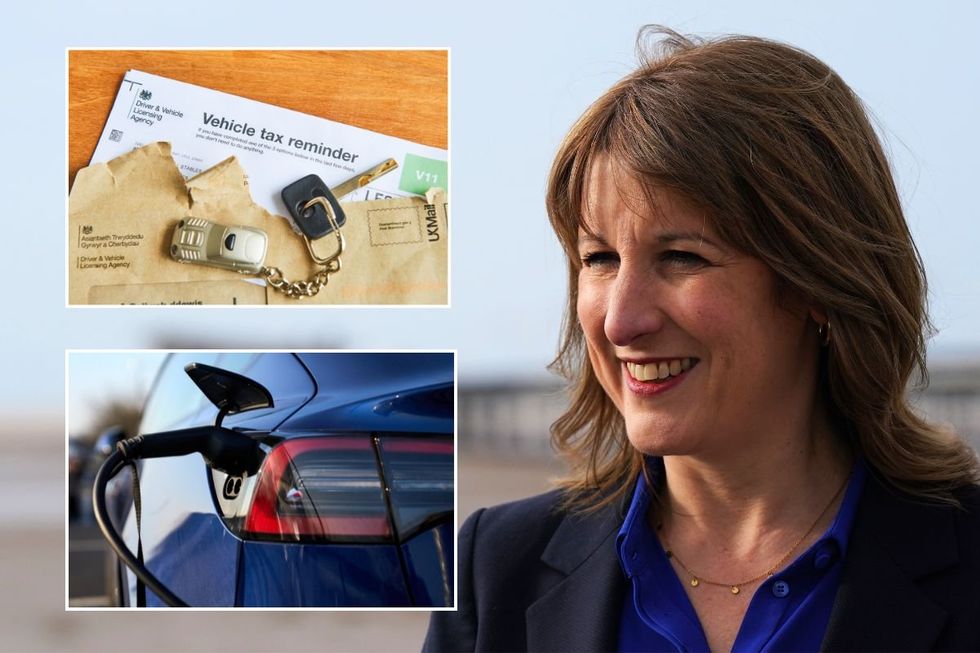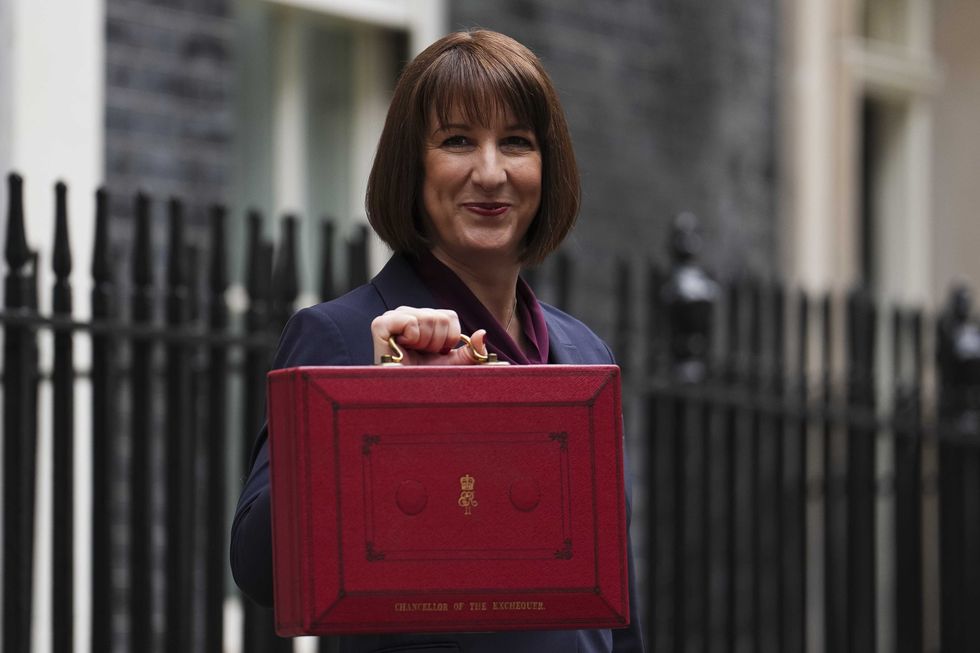Chancellor Rachel Reeves is expected to launch a huge £1.5billion spending spree for electric vehicles, despite uncertainty over plans to introduce pay-per-mile car taxes.
Reports suggest that the Chancellor will give the green light to £1.5billion in funding for electric vehicles in the Budget on Wednesday (November 26).
It is expected that £1.3billion will be designated to Labour’s flagship Electric Car Grant, which is already buoyed by an initial £650million investment.
The UK’s voice of EV charging, ChargeUK, reports that a further £200million provision will help expand the installation of electric vehicle charging points.
The Electric Car Grant has already helped more than 35,000 motorists save on the price of a new electric vehicle, with more than 40 models included on the list.
If approved for eligibility, manufacturers can offer their electric cars with a discount of £1,500 or £3,750, although only four vehicles are included in the maximum incentive.
With the increased funding planned in the Budget and the ever-growing list of eligible vehicles, thousands of motorists could ditch their petrol and diesel cars.
Vicky Read, chief executive of ChargeUK, praised the Government for the planned investment, adding that the switch to electric vehicles is already rapidly moving.
READ MORE: Rachel Reeves blasted over ‘muddled’ rollout of pay-per-mile car taxes after Labour U-turn

She said: “But to really put a rocket under this transition, access to affordable vehicles and widespread, cost-effective charging at home, near home and on the go is absolutely vital.
“The charging sector has been busy delivering what’s needed, but high and rising business costs have been pushing up prices and putting billions of investment at risk.”
However, the move has been criticised by members of the opposition to the Labour Government for coming at a time when “hard-working taxpayers are squeezed dry”.
Shadow Transport Secretary Richard Holden said: “Ordinary families are facing increased taxes and spiralling inflation under Labour, yet the Government’s priority is handing out discounts on new electric cars.
LATEST DEVELOPMENTS
- Drivers risk being victimised this winter as criminals target motorists clearing windscreen frost
- Britons face traffic nightmare as serious accidents force M5 and A2 to close for ‘several hours’
- Petrol and diesel drivers set to face ‘final blow’ as Rachel Reeves’ Budget could send fuel prices soaring
“This is exactly the kind of tone-deaf, big-spending nonsense that we expect from this Labour Government,” he told The Telegraph.
The proposed investment boost for electric vehicles comes after a chaotic week in which the Government appeared to rule out pay-per-mile car taxes and U-turn shortly after.
Speaking in the Commons, Transport Secretary Heidi Alexander stated that there are “no proposals to introduce a national pay-per-mile scheme”.
The Labour MP for Swindon South confirmed that the Government was “firmly on the side of drivers” when pressed on the impact a pay-per-mile scheme could have on rural motorists.

However, a source close to the Transport Secretary told the PA news agency that she “misspoke” and that she originally intended to rule out a national road pricing system.
Electric vehicle owners are believed to be the target of the pay-per-mile system, with costs believed to be three pence per mile.
A Government spokesperson said: “Fuel duty covers petrol and diesel, but there’s no equivalent for electric vehicles.
“We want a fairer system for all drivers whilst backing the transition to electric vehicles, which is why we have invested £4billion in support, including grants to cut upfront costs by up to £3,750 per eligible vehicle.
“Just as it is right to seek a tax system that fairly funds roads, infrastructure and public services, we will look at further support measures to make owning electric vehicles more convenient and more affordable.”
Our Standards:
The GB News Editorial Charter







Follow